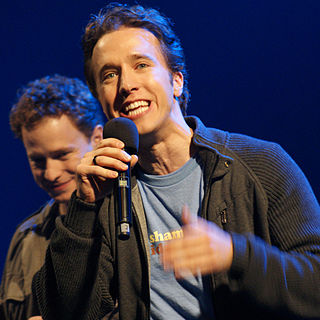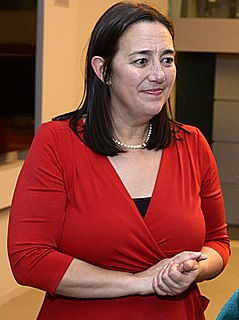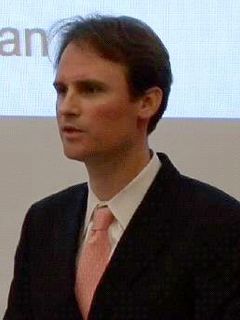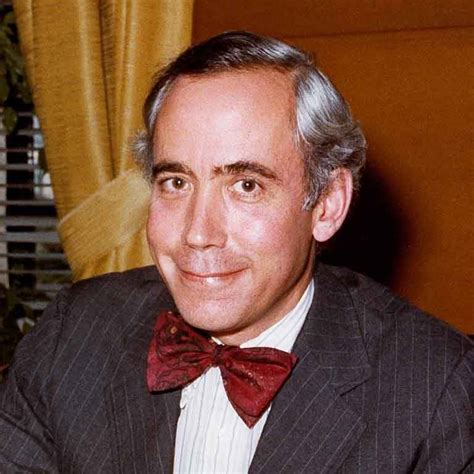A Quote by John Glenn
By its very definition, civic responsibility means taking a healthy role in the life of one's community. That means that classroom lessons should be complemented by work outside the classroom. Service-learning does just that, tying community service to academic learning.
Related Quotes
Service-learning is a particularly fertile way of involving young people in community service, because it ties helping others to what they are learning in the classroom. It enables them to apply academic disciplines to practical, everyday problems. In the process, it provides a compelling answer to the adolescent's perennial question, 'Why do I need to learn this stuff?
Most brain scientists have not taught 4th grade, and don't know very much about the classroom, even though they might study learning in some detail. Most education professionals, who often know a tremendous amount about the classroom, don't know much about the brain. That is one of the reasons why I am so skeptical about applying brain findings to the classroom.
Sometimes we feel that one individual's action is very insignificant. Then we think, of course, that effects should come from channeling or from a unifying movement. But the movement of the society, community or group of people means joining individuals. Society means a collection of individuals, so that initiative must come from individuals. Unless each individual develops a sense of responsibility, the whole community cannot move. So therefore, it is very essential that we should not feel that individual effort is meaningless- you should not feel that way. We should make an effort.
Every poet gets to choose what kind of community he or she serves with the poems, and it's true that there is a community for very difficult, challenging poetry. It's a community that's established itself over the last 80 years, that was originally, in effect, really started by T. S. Eliot and Ezra Pound. They believed that poetry ought to contain learning, that it ought to rise upon all the learning that went before.
The virtual community? The word virtual does not mean "virtue." It means "not." When I go to the store and they say: The shirt that you brought in is virtually done. It means it is not done, in the same way that the virtual community is not a community. There is no commitment there. When you log off, you are not a member of it anymore. My flesh and blood community, the sense of knowing my neighbor, knowing the guy across the street, having dinner with the people down the block, getting along with each other and making compromises, that's a genuine community with a commitment.


































